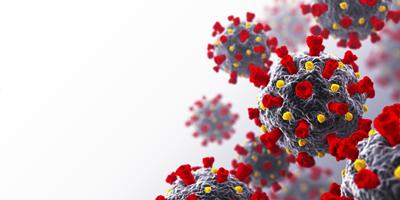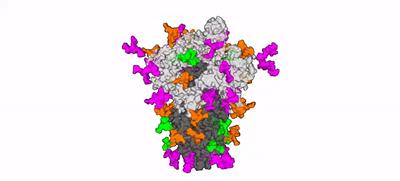Southampton research helps confirm COVID-19 as trigger for rare inflammatory syndrome in children

Research by the University of Southampton has allowed experts in Birmingham to find new evidence linking COVID-19 to a newly emerged multi-system inflammatory syndrome in children.
This raises the possibility that children who may have had the virus in their system, even if they haven’t been unwell, could be at risk of developing this new condition.
Reports have emerged in the recent weeks of the COVID-19 pandemic, of children presenting with symptoms similar to those seen in Kawasaki disease; a rare condition, usually seen in under-fives, that causes a persistently high temperature, rashes and inflammation of the blood vessels. This new condition has recently been termed Paediatric Inflammatory Multi-System Syndrome - Temporally associated with SARS-CoV-2 (PIMS-TS) and to date has affected around 100 children in the UK with further reports of cases across Europe and the United States.
This latest research demonstrates the value of an antibody test, developed by a team at the University of Birmingham, with the support of Professor Max Crispin and his team at the University of Southampton, to confirm the diagnosis of children hospitalised with symptoms consistent with PIMS-TS. All of the children tested negative for the SARS-CoV-2 virus by the PCR test used to diagnose COVID-19.

Recent research by Professor Crispin revealed the fundamental properties of the protein “spike” on the surface of the coronavirus. This has enabled his team, including PhD students Joel Allen and Yasunori Watanabe, to produce almost exact copies of the protein which they provided to the Birmingham team to use in their antibody tests.
The test, which involves mixing the protein with the patients’ blood, showed that every child in the study had high levels of anti-SARS-CoV-2 antibodies. The pattern of antibodies indicated that the infection most likely occurred weeks or even months previously. This means that antibody testing can be used to help diagnose PIMS-TS, even when virus is not directly detectable in the patient.
This research was the product of a collaboration between the University of Birmingham, Birmingham Women’s and Children’s NHS Foundation Trust, University Hospitals Birmingham NHS Foundation Trust, Prof. Max Crispin’s group, and The Binding Site Group Ltd.
Professor Crispin said “Using the native-like viral spike for antibody testing is proving a highly sensitive way of detecting exposure to SARS-CoV-2.”
Dr Alex Richter, lead researcher and Consultant Immunologist at the University of Birmingham’s Institute of Institute of Immunology and Immunotherapy said: “By focusing on assay development using academic principles, we have designed a sensitive antibody test that can be used to detect exposure to SARS-CoV-2 infections. The test will be used to understand how many people have suffered from COVID-19 in our communities but we have found another use identifying PIMS-TS in these sick children”.